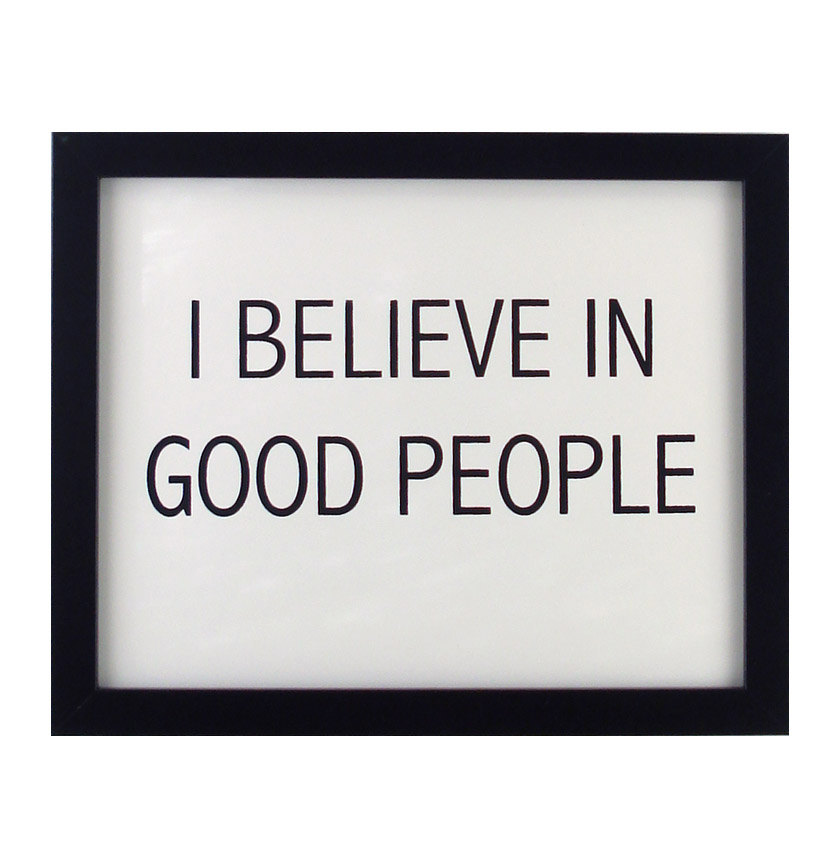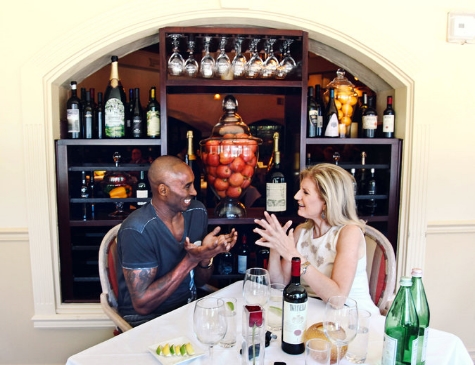Do you need a work environment that pushes you relentlessly to be tougher and better at what you do? Is it good to have harsh feedback and to be pressured during all your waking hours? Will that make you dig deep and excel? Is it legitimate to treat a business as involving something even remotely like Navy Seal Training?
There's been a lot written recently about the retail giant Amazon and its company culture. A New York Times article unleashed the firestorm of controversy when it portrayed Amazon as a modern Darwinian jungle where there is survival only of the toughest and most ruthless. Some former employees have subsequently written their own accounts of how difficult and demanding an environment it can be, while others have taken issue with the portrayal in the Times and agree with Jeff Bezos that the brutal description there is nothing like the real environment of the company. I don't want to wade into the controversy over this one organization or its values, but simply to comment on the main issue I see the controversy as raising.
Aristotle, along with the tradition following his lead, long ago identified a set of virtues, or strengths for human life - characteristics that empower us in any challenging situation - that we benefit from embodying as we live and work with other people. Those virtues include the following, with the now old fashioned labels, and my gloss on what they mean:
Courage - A commitment to do what's right, in the face of risk
Temperance - Moderation and proper self-restraint
Liberality - A freedom in giving to others what can help them
Magnificence - A capacity for acting on a big, or grand, scale
Pride - A true sense of honor and worthiness
Good Temper - An inner calm displayed outwardly
Friendliness - The demeanor of treating others sociably
Truthfulness - A strong disposition toward honesty
Wittiness - The ability to see and express humor appropriately
Justice - A basic commitment to treating others well.
It's quite a list. And it has some initially surprising components, considering that the virtues add up to what Aristotle saw as good character. In my books If Aristotle Ran General Motors, and If Harry Potter Ran General Electric, I suggest that these are universally great qualities to have, in business and in life.
But prior to Aristotle, the ancient Greeks, joining people from most other early cultures, had their focus on another set of virtues, or strengths, what we can insightfully call "The Warrior Virtues" - qualities that empower us in times of physical warfare. Here's a representative list, that starts with the same quality to be found at the top of Aristotle's list:
Courage
Physical Power: Force, Stamina, Endurance
Mental Acuity: Perceptiveness, Clarity
The Ability to Adapt and Create
A Disdain for Mediocrity
An Intolerance for Weakness
Craftiness
The Ability to Deceive Convincingly
Fierceness: An Intensity just short of Brutality
A Willingness to Kill
We might also call these The Homeric Virtues, as in the west, we first encounter them, typically, in Homer's ancient poetry. It's well known, and has often been noted, that American business leaders throughout most of modern corporate history have very often had athletic backgrounds or military experience. Given the widely recognized fact that most sport in some way re-enacts warfare, it's then safe to say that most business leaders have had experience with, and a tendency to embrace at least most of the Homeric Virtues, the warrior virtues. And some very tough corporate environments are a lot like the military in times of war. The demands are high, excuses are not allowed, and everyone is expected to be utterly dedicated to the mission. In some circumstances, companies have risen and succeeded by emphasizing at least most of the warrior virtues. And at least some people in those companies can appear to flourish as individuals in such an environment. But I think we have good reason to question or reject the application of at least a couple of those virtues outside contexts of real physical battle. I hope you instantly join me in that rejection. In fact, I've argued in several of my books that the subset of warrior virtues that do apply in business endeavors need to be guided and constrained by the more Aristotelian virtues, as well as by such transcendentals as Truth, Beauty, Goodness, and Unity - what I call The Four Foundations of Greatness.
The problem often seen in companies that exalt the warrior virtues in isolation from an Aristotelian framework and The Four Foundations is that the warrior mentality quickly and easily becomes a cloak for something very different than a quest for excellence. And, in fact, you begin to see what I like to call counterfeit warrior virtues:
Arrogance
Callousness
Vengefulness
Cruelty
Sadism
Rapacity
A Touch of Evil
And this is clearly not a recipe for a great company culture, to put it mildly. But this is exactly what you often get when people proudly focus on the warrior virtues as centrally ingredient in their enterprises. The warrior mindset outside any real battle field easily becomes a cloak for vices to pass as virtues, and the whole environment quickly turns poisonous.
When people say "Business is War" or even just that "Business is Sport," the danger is that they can easily break loose from the civic virtues of Aristotle, and stray into the realm of warfare virtues where counterfeits easily tempt people in any leadership or management position to create a thoroughly corrosive and corrupt enterprise that will eventually collapse of its own weight.
Again, I don't write this to point a finger at any particular company, but only to warn of something vitally dangerous that is often seen in corporate contexts where it can do only great harm. The war we do need to fight is to bring the Aristotelian virtues front and center, supported by The Four Foundations. Then greatness can be both attained, and sustained.





































